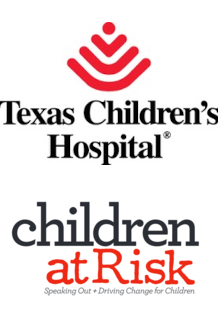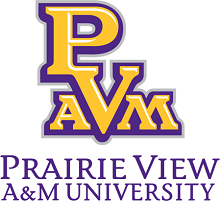Abstract
The renewed interest in Family Centered Practice, prompted by the funding of Family Preservation and Support Programs, has created a need for training practitioners at a number of different levels and for a variety of roles. This paper will describe a training program for Family Centered Practice. Building on an empowerment model, the author presents an approach for working with families and children that views the tragedies of the past as resources, rather than the major cause of present problems. Collaborative Conversations for Change adapts the solution-focused therapy model to nontherapy roles that are required for a program to be family centered. Although these roles are not therapy, they are nevertheless therapeutic and reinforce clients' strengths. These collaborative conversations, however brief they may be, recognize that the client is the expert on his/her pain and struggles and the practitioner is the expert on assisting her/him plan change. Additionally, illustrations from a cross-cultural perspective demonstrate the utility of collaborative conversation in enhancing cultural competence.
Recommended Citation
Fausel, Donald F.
(1998)
"Collaborative Conversations for Change: A SolutionFocused Approach to Family Centered Practice,"
Journal of Family Strengths: Vol. 3:
Iss.
1, Article 7.
DOI: https://doi.org/10.58464/2168-670X.1103
Available at:
https://digitalcommons.library.tmc.edu/jfs/vol3/iss1/7


